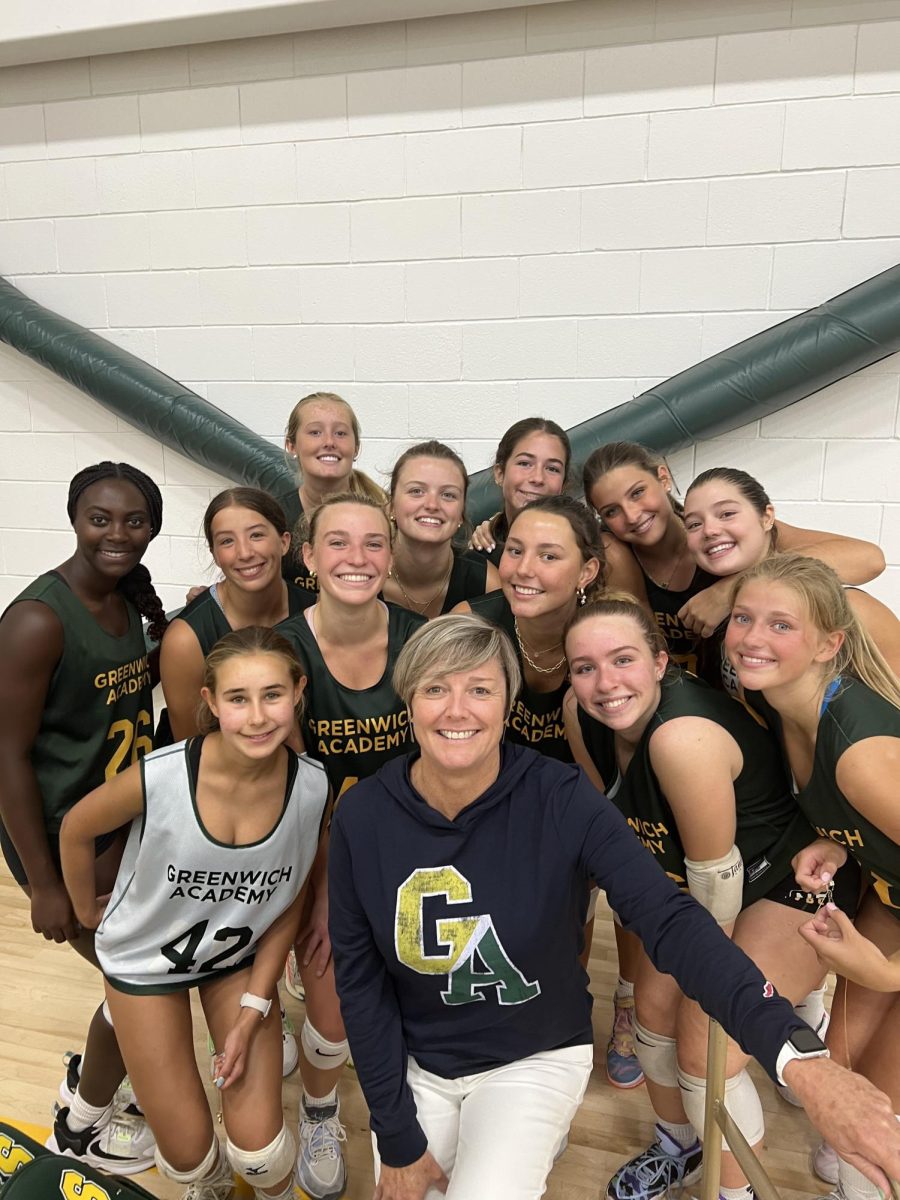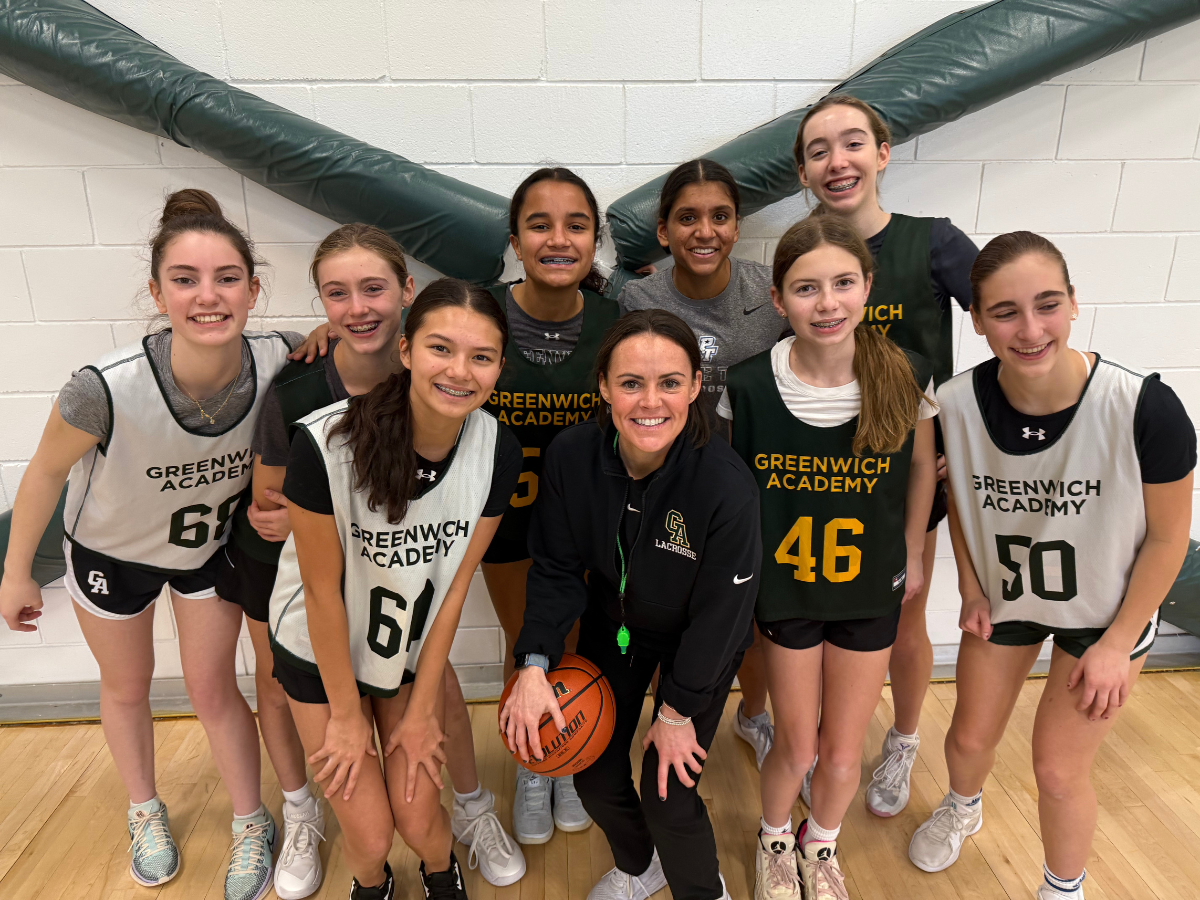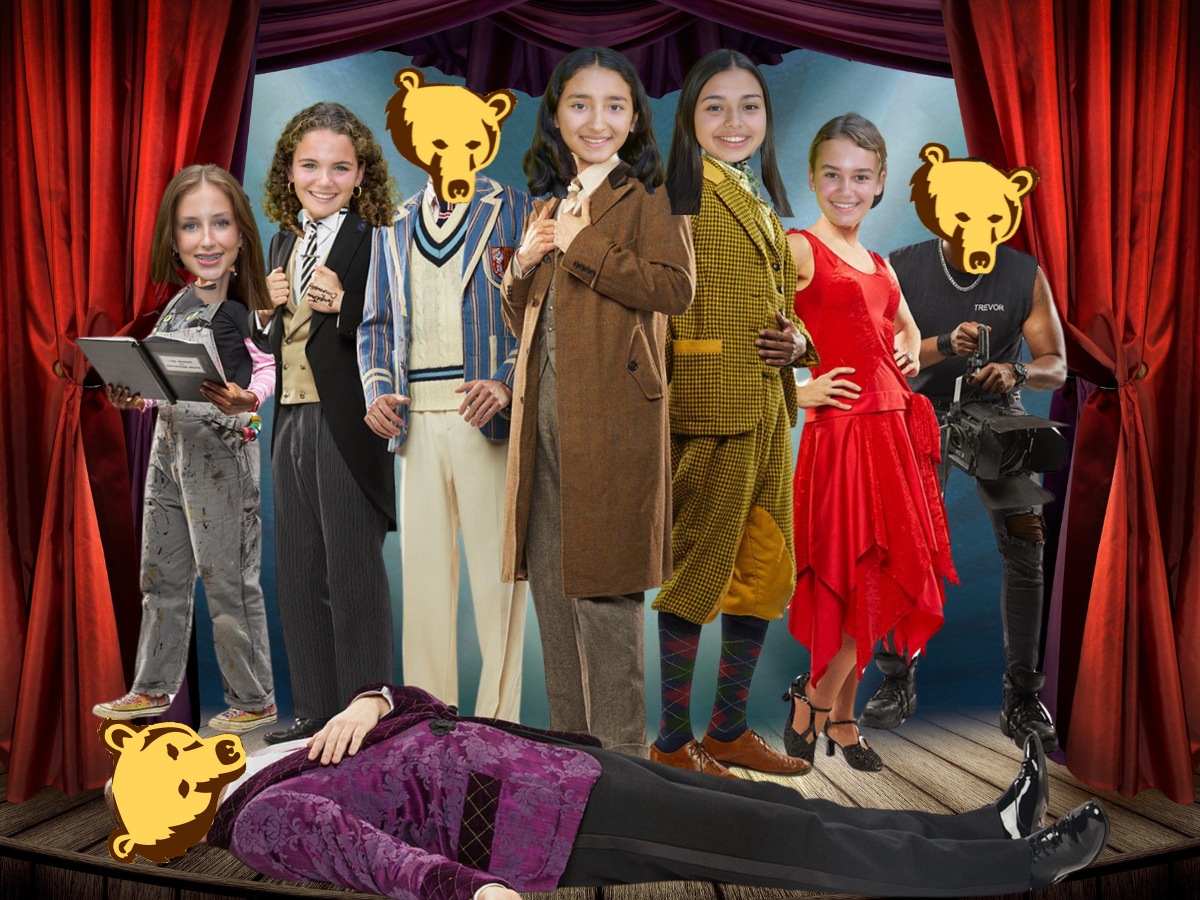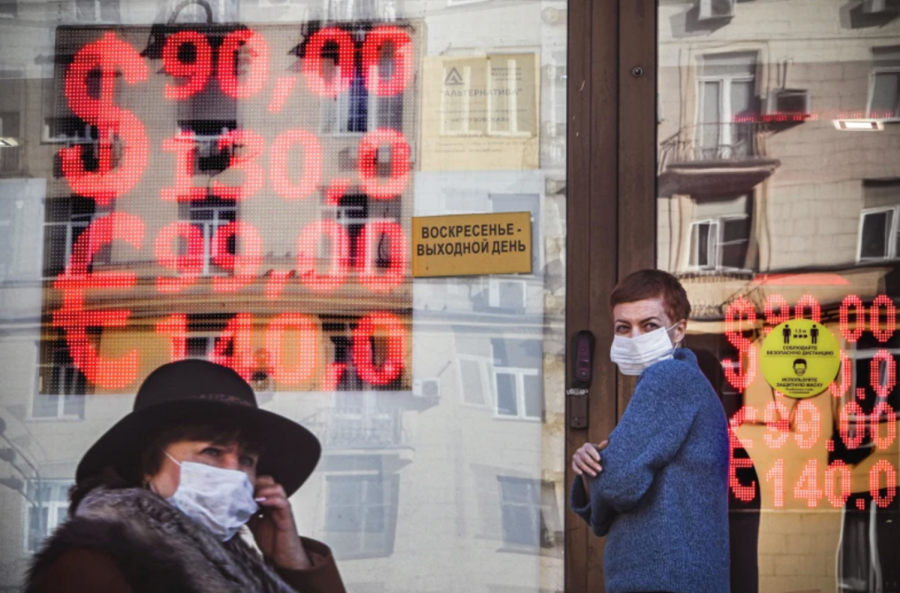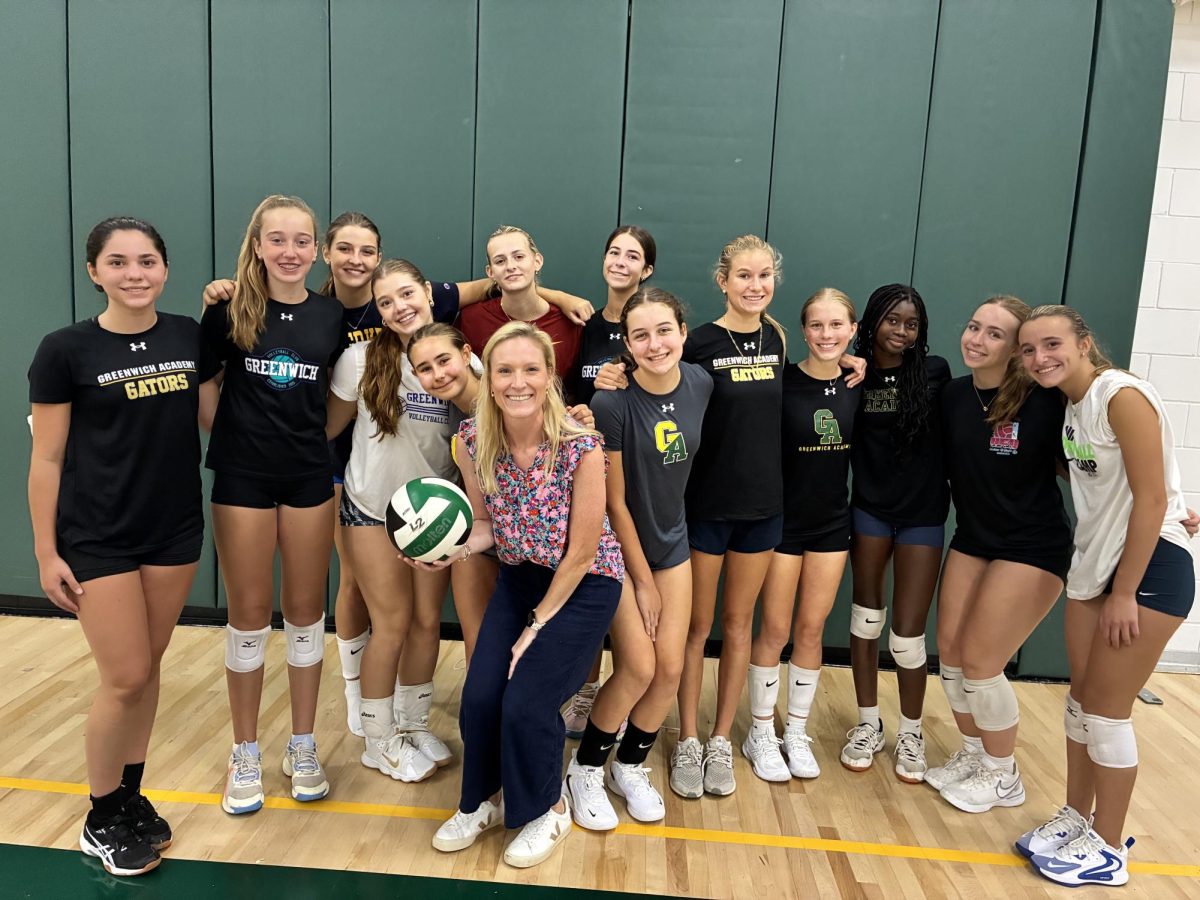Have you ever been walking down the hallways of GA and suddenly heard someone talking about a murder or missing person? Well, that might have been me.
Over the past few months, I have drawn the attention of my teammates and friends through telling the stories of true crime cases. Somehow, the story always ends with a group twice the size of the original listeners surrounding me, silently listening, captivated by the unsettling, yet hot topic of true crime. The interest in these cases among GA students inspired me to dig deeper into the reasoning behind it.
Data from the Pew Research Center displays that women are more likely to listen to true crime podcasts than men, perhaps explaining why we don’t hear as much about it at Brunswick. Jessica Grose, a writer for the New York Times, provides an interpretation of this data: “The explanation I see most frequently is that women watch true crime to protect themselves: We are usually less physically powerful than men are, and we think that by understanding the psychology of criminals, we can better avoid them.” Additionally, Pew’s data shows that younger people are more likely to tune into true crime than older people, so your teachers might be a little concerned if you start telling them about the latest unsolved murder. Aside from the data, Grose says that she enjoys watching true crime shows because it “celebrates the emotional and intuitive; victims, including their families, often have hunches about perpetrators that elude law enforcement and defy norms.”
However, true crime could appeal to anyone for a number of reasons outside of the surveys or articles. To jump donw the rabbit hole of true crime cases, or continue going down it, read the descriptions of some well-known cases below.
Famous Cases
Madeleine McCann: In May of 2007, 3-year-old Madeleine McCann went missing from her family’s vacation apartment in Lagos, Portugal. During their stay, the McCann parents would go to dinner at their resort’s tapas restaurant every night with friends, leaving the door of their apartment unlocked so they could routinely go and check on their sleeping children. On the penultimate night of the family’s vacation, when Madeleine’s mother went to check on the children, she found Madeleine’s bed empty besides her stuffed animal and blanket left untouched. Madeleine’s mother immediately reported her missing to the hotel and the police and from there, the long search began. Although many new suspects, stories, and ideas of what might have happened to Madeleine have come up over the last seventeen years, the case remains unsolved.
- Deep Dive: The Disappearance of Madeleine McCann
The Menendez Brothers: In 1989, Lyle and Erik Menendez murdered their parents, José and Mary Louise Menendez, in their home in Beverly Hills, California. They were convicted after Erik admitted to the murders in a session with his psychologist. The Menendez Brothers were sentenced to life in prison without the possibility of parole. However, there has been controversy over their sentence, as in their trials they have stated that they killed their parents out of self-defense after years of abuse by their father that was encouraged by their mother, who they claimed also abused them and was an alcoholic and drug addict. The push to reexamine the case began when another victim of José Menendez came forward in 2023. Furthermore, the attorneys for the Menendez brothers filed a habeas petition stating the evidence of the abuses of José Menendez including his additional victim and a letter from Erik to his cousin describing the traumatizing actions of his father. George Gascón, the district attorney of Los Angeles recommended resentencing, and the Menendez brothers’ resentencing hearing will take place January 30, 2025.
- Deep Dive: The Menendez Brothers

